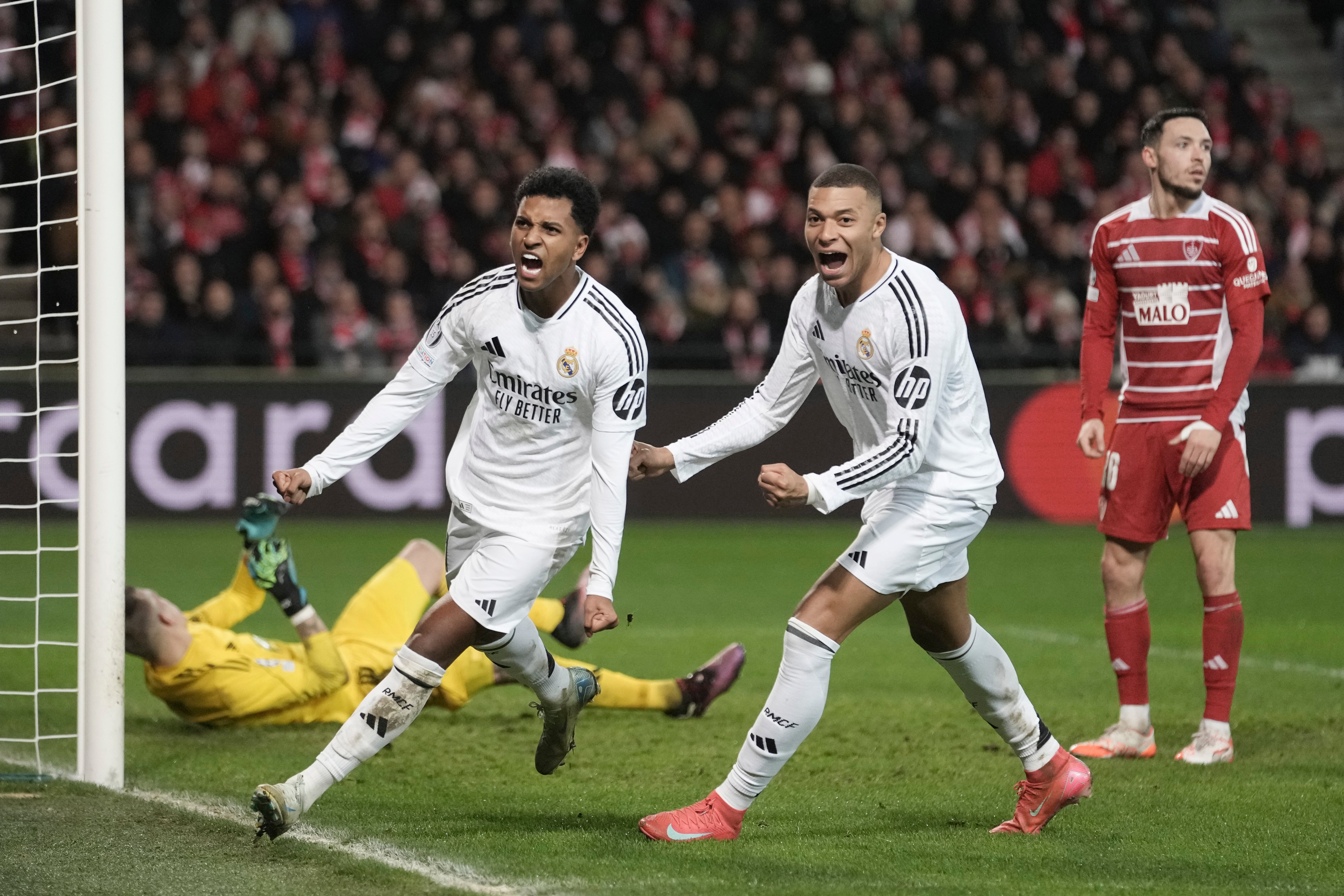UEFA Champions League: The Ultimate Guide To The Prestigious European Football Competition
UEFA Champions League: The Ultimate Guide To The Prestigious European Football Competition - The UEFA Champions League has a diverse fan base, with supporters from all continents tuning in to watch the matches. The tournament's ability to unite fans from different cultures and backgrounds is one of its greatest strengths. For players, participating in the UEFA Champions League can enhance their reputation and earning potential. Top performers in the tournament often attract interest from the world's biggest clubs, leading to lucrative transfer deals and contracts.
The UEFA Champions League has a diverse fan base, with supporters from all continents tuning in to watch the matches. The tournament's ability to unite fans from different cultures and backgrounds is one of its greatest strengths.
One of the key milestones in the history of the UEFA Champions League was the introduction of the group stage format in 1992. This change allowed more teams to participate and increased the number of matches, making the tournament more engaging for fans. Since then, the competition has undergone several modifications to accommodate the growing number of participating teams and ensure a fair and competitive structure.
The current format of the UEFA Champions League consists of several stages, including the qualifying rounds, group stage, and knockout phase. The tournament begins with qualifying rounds for teams that do not automatically qualify through their domestic leagues. These rounds determine which teams advance to the group stage.
Over the decades, the UEFA Champions League has evolved significantly. The inclusion of more teams from different European leagues has made the competition more diverse and competitive. Additionally, the introduction of the knockout stage has added excitement and drama to the tournament.
The UEFA Champions League has a significant financial impact on participating clubs and players. The tournament offers substantial prize money, with the winners receiving millions of euros. Additionally, clubs benefit from increased revenue through broadcasting rights, sponsorship deals, and ticket sales.
Once the group stage begins, 32 teams are divided into eight groups of four. Each team plays against the others in their group twice, home and away. The top two teams from each group advance to the knockout phase, which consists of a series of two-legged ties until the final, which is a single-match showdown.
Fan engagement is a crucial aspect of the UEFA Champions League's success. The tournament encourages interaction through social media platforms, official apps, and live events. Fans can participate in polls, share their opinions, and connect with fellow supporters from around the world.
UEFA Man CityReal Madrid, chocan en la Liga de Campeones Diario Libre
The prize money distribution in the UEFA Champions League is based on performance and market pool shares:
As the UEFA Champions League continues to evolve, its future looks promising. Plans for expansion, improved broadcasting technologies, and enhanced fan experiences are on the horizon. The tournament's commitment to innovation and excellence ensures its continued relevance and popularity in the world of football.

In conclusion, the UEFA Champions League is a cornerstone of modern football, representing the pinnacle of club competition in Europe. Its rich history, exciting format, and global appeal make it a must-watch event for fans worldwide. As we have explored in this article, the tournament's impact extends beyond the pitch, influencing the financial, cultural, and social aspects of the sport.
The UEFA Champions League has produced countless iconic moments that have become part of football folklore. From last-minute goals to stunning comebacks, the tournament has provided fans with unforgettable memories. Some of the most memorable moments include:
